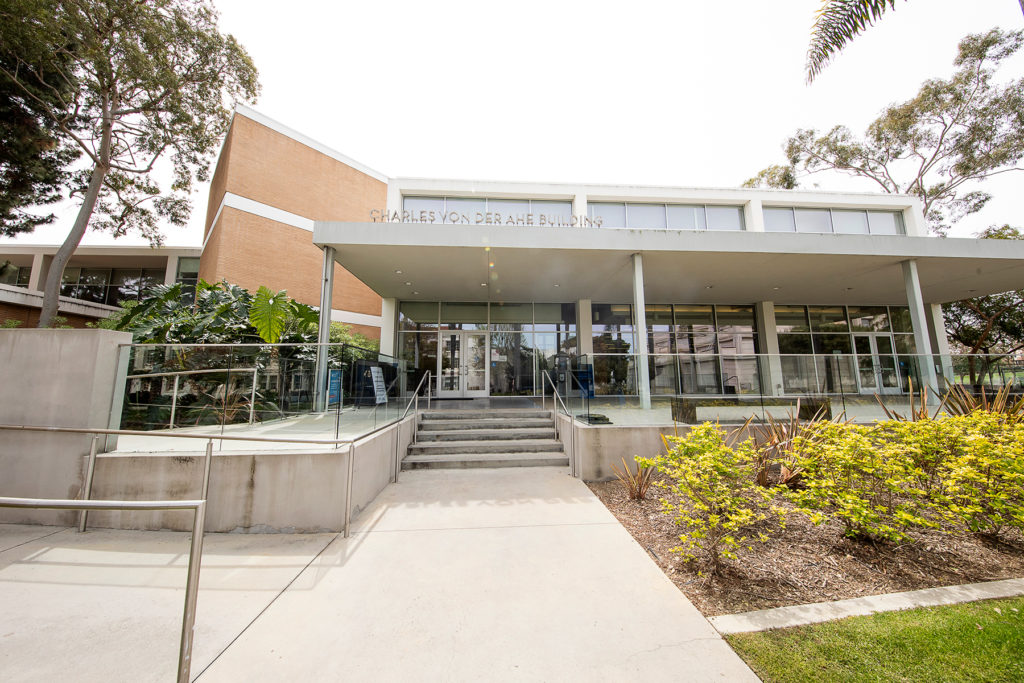
During the past few weeks, I’ve become enamored with the films of Yasujiro Ozu, a Japanese filmmaker. He made seminal movies about post-World War II Japan, including “Late Spring” and “Early Summer,” two I’ve seen recently. I’m attracted to his films because, at least in those movies, he confronts change and family relationships.
Ozu’s “Late Spring” and “Early Summer” take place in the aftermath of World War II and were made in 1949 and 1951, respectively. Japan, like it or not, was dealing with massive change in society, government, economy and, therefore, family relationships. Ozu’s films focus very tightly on how families are affected by the choices the younger generation makes in the context of an insular society in transition. In “Late Spring,” Noriko, a young unmarried woman played by the nearly beatific Setsuko Hara, wishes nothing more than to remain in her father’s household. In “Early Summer,” Hara’s character again is named Noriko. She is a 28-year-old woman who decides against her family’s wishes to marry a widowed man with a very young daughter. Her unusual decision ultimately forces her family to leave their household that had been home to three generations. Without her salary, the extended family — grandparents, children and grandchildren — cannot support their home.
“Late Spring” is wrenching, because Noriko’s emotional pain at the prospect of leaving her father sears her. And in “Early Summer,” the family is wounded because that film’s Noriko, in a moment of sudden clarity, refuses the man they hoped she’d marry and, with little warning, makes her own choice. Not only does her life change but so do the lives of her husband-to-be and his daughter, a toddler. Together, they have a hopeful future. Noriko’s family, on the other hand, will never be the same. In time, Noriko’s parents accept their daughter’s decision, and their future.
Change comes to all of us, like it or not, including universities. Buildings come down; new ones rise up or take new forms. Campus paths disappear, and new ones are paved. Even worse: Our mentors retire, or die. A few days ago, I toured the renovated Charles Von Der Ahe Building, formerly home to the LMU library. From the outside, the building remains familiar. But the change on the inside is monumental. There are hints of the former library’s former self, but the Von Der Ahe building has a renewed purpose. The next generation will be well served by it, as well as preceding ones.
Change often comes with the musty air of melancholy. The future is transformed, but so is the past, which no longer carries on into the present or future as it once did, or seemed to. When I am at my wisest, I believe that is as it should be. There comes a time in life — if we are fortunate enough to live so long — when a family’s priority turns toward the next generation. Then, change that improves young lives is welcomed, even if it means the present, or past, feels as if it may be receding like a tide.
“Late Spring” and “Early Summer” are available through The Criterion Collection.
